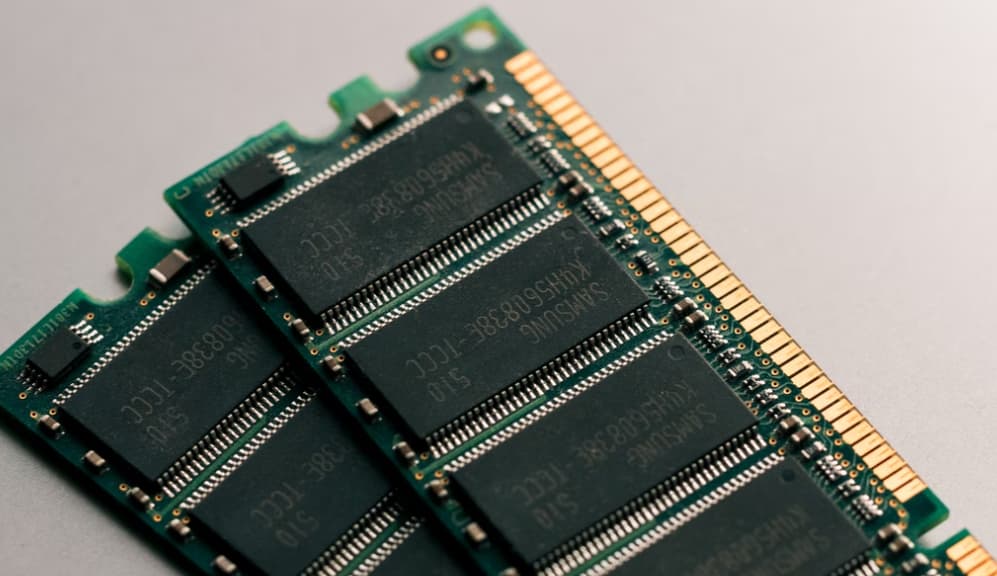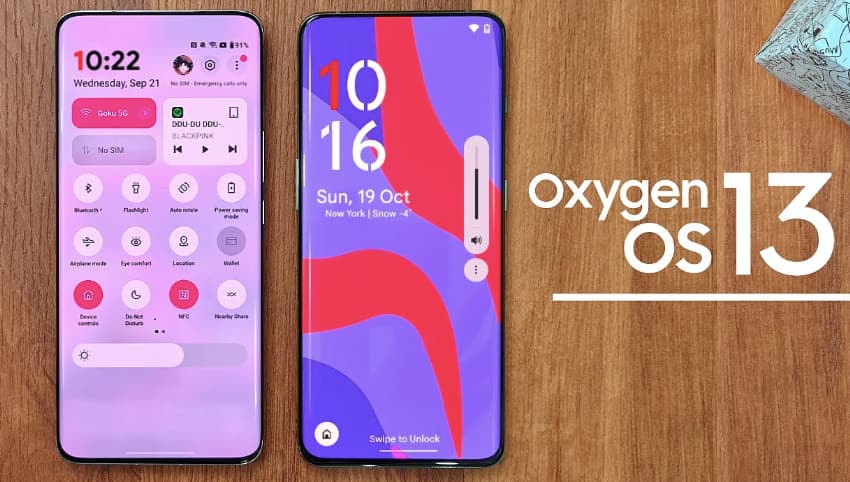Emerging Ed-Technologies and Strategies for Teachers – Ed-tech is changing the concept of learning and teaching, bringing it to a new high quality and accessibility in all means. With any limits broken and extended opportunities discovered, it seems that the technologies should only help teachers and students by making education processes more efficient and personally adjusted.
Emerging Ed-Technologies and Strategies Teachers Should Know About

Still, it is about teachers being open-minded and eager to learn along with emerging technologies so that they don’t limit their students from better possibilities. Learn more about the technologies that are changing education for the better here and now, and be sure to implement them with benefits but not harm.
Personalized Approach
A single available curriculum for a full class of students is going to the past now. With the latest technological means, students can learn at a personal pace, with a comfortable level of difficulty, and with the help of preferred tools.
Still, it doesn’t mean that teachers have more work to do now. Since such study processes are mostly AI and ML-operated, a teacher has only to administer the process. The program itself suggests the tasks and adjusted projects for students, while the teacher only follows their progress, and collects different data and final results.
No Limits on Place and Time
Another distinctive feature of ed-tech is that studying and teaching are not concentrated in the classroom anymore. Students can join classes being miles away, take courses at night or early in the morning, and watch educational videos on the way to work. They can study the way they find comfortable with no restrictions on time and place.
Due to this, many teachers are afraid that they lose their role. On the contrary, they only gain extended teaching opportunities. Their courses and material can be shared and studied globally; they can conduct open lectures for any student from any part of the world to attend. They can exchange knowledge and cooperate with colleagues without any limitations.
Paul Keiran, Pratt College student, shares his experience, ‘We are lucky to live in the era of endless possibilities. I can do my part-time job as a photographer, write my coursework, and travel around South America at the same time. Ans the absence of limits is the best gift ever.’
Personally Created Route
Students used to be limited in their study and career options. Not everyone could pay for tuition, but higher positions at the big companies required diplomas from universities. So, no money meant a lack of possibilities to prosper.
Luckily the times have changed, and students are not so strictly limited anymore. This means that every person builds up their way to gain education and add to career growth. With the latest technological opportunities, students can join blended classes, finish specialized courses, earn certificates. Again with personal pace and suitable time and financial conditions, students can evolve personally and professionally. And the highly qualified educators and experts are there to assist via the latest ed-tech means.
Project-Based Learning
Project-based learning is a contemporary approach oriented toward acquiring practical knowledge and skills from an early age. Many educators insist on implementing project-based learning as early as high school.
Such an approach allows students not only to comprehend a particular subject and topic better but also to get prepared to cover daily challenges and perform better as specialists shortly. As a result, students excel in the following vital skills:
- Time management
- Leadership
- Teamwork
- Problem solution
- Tracking the progress
- Communication.
This way, students will be already prepared for real-life challenges and perform their duties on their own and as a part of a team.
Enhanced Accessibility
People are lucky to manage to study even if they can’t be present in the classroom with the help of Emerging Technologies and Strategies. But what is even better is that the latest technologies can assist people with severe mental and physical disabilities.
This means that students can obtain their right to equality and accessibility in education. No matter whether they have difficulties with hearing or are completely deaf, suffer from neurological disorders, or are afraid to stay in crowded spaces.
Such people don’t have to waste a fortune to be able to learn or refuse to acquire qualitative education at all. Instead, both teachers and modern technologies are evolving to assist everyone to have free access to learning means and sources they wish.
Updated technologies and techniques add an entirely new meaning to educational purposes and possibilities. Students don’t study because they are made to do so.
Instead, they feel comfortable and ensured to acquire new skills and knowledge. And the main task of the teacher is to be ahead of their students in terms of tech literacy. This way, the educators can easily administer students’ progress and reach success eventually.



